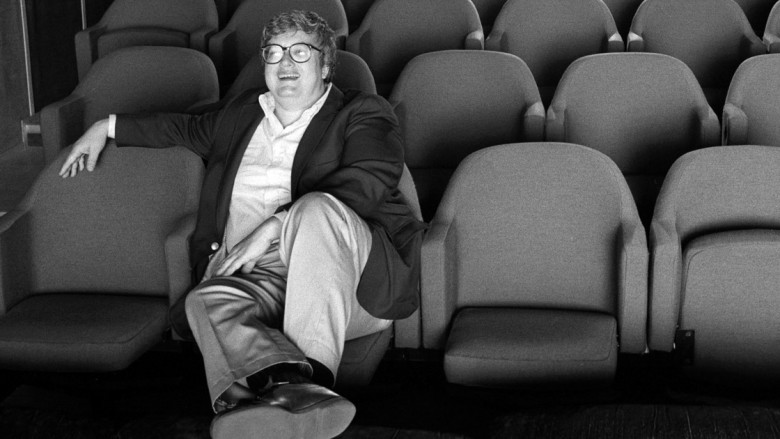 (4 / 5)
(4 / 5)
Critics are rarely beloved creatures. There’s always the impression they’re leeching off the back of the real creatives. It might be a symbiotic relationship, but, at best, they’re considered a necessary evil.
But not in the case of Roger Ebert. The first person to ever win a Pulitzer Prize for film criticism, not only did he elevate the form but he did it while securing the respect of everyone in the industry. He brought no agenda, just love, erudition and, most of all, craftsmanship.
As such, it’s not surprising that one of those people whose career he aided should seek to commemorate in film. Steve James, director of the documentary Hoop Dreams – which Ebert included among his “Great Movies” – conducted a series of interviews with the ailing critic shortly before his death. It’s this material that bookends Life Itself, which otherwise draws inspiration from Ebert’s own autobiography, giving it no less a task than to encapsulate the man himself.
Covering the whole course of Ebert’s life, Life Itself is an in-depth character study and a touching tribute to the man who once said that we’re all born inside the movies of our lives. His insight into such films as Bonnie & Clyde, which he rightly (and firstly) called a milestone in American movies, and Errol Morris’ Gates of Heaven, which he brought to mainstream attention, is illuminated by the likes of Werner Herzog, Martin Scorsese, and Selma’s Ava DuVernay.
Life Itself is, however, by no means a gloss: a friend describes Ebert knowingly as “a nice guy, but not that nice” while the film delves, briefly, into his struggles with alcoholism and his lone, disastrous screenwriting credit on Russ Meyer’s Beyond the Valley of the Dolls. His bickering and oneupmanship with Gene Siskel seems obnoxious till the depth of affection between them becomes apparent.
It’s this that makes the then present-day material all the more tragic. Even with his jaw missing, his chin hanging loose, mask-like, over a bandage, and a ventilator down his throat, Ebert sparkles. Chaz, his wife, stands by, caring, providing commentary, despite her reservations and her grief. A stoic, who saw dying as the “third act”, an experience, the Ebert we see in this documentary is without vanity, though every bit as obstreperous as his contemporaries would have us believe.
It may have inexplicably missed out on an Oscar nom – then again, so did Gone Girl and Mr. Turner – but this is still the best chance to see arguably the film critic in the medium about which he wrote and which he loved so much.
